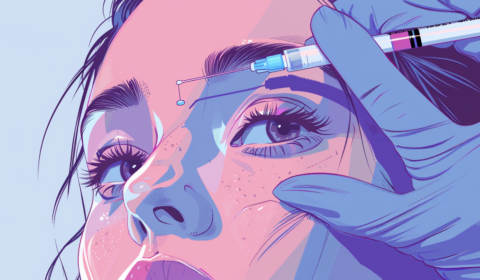As social media and the lucrative, unregulated supplements industry continues to promote unrealistic beauty standards, more boys and young men today are becoming obsessed with body image and bulking up to the point of risking their overall wellbeing.
For as long as I’m able to remember, women have been the primary target of societal body critique.
Permeating almost every aspect of my day-to-day life, I’ve frequently faced immense pressure from my peers, mainstream media, and even my own conditioned mind to adopt destructive behaviours in order to change my appearance and ultimately cure my dissatisfaction towards it.
Why? Due to the ever-evolving yet persistently unrealistic beauty standards we’ve been collectively striving to achieve since, well, ever.
This, I’m aware, is all but common knowledge these days and one thing I’m sure of in my unabating quest to stop worrying about my self-image is that I’m not alone.
During the past 20 years, tides of public attitude have turned against ‘perfection,’ paving the way for a movement that actively celebrates us no matter our size.
However, despite how successful this community has been in encouraging my fellow body-conscious ladies to stop chasing an ideal we know deep down does not exist, it – albeit unintentionally – disregards that men are suffering just as much.


According to a 2017 study, male body image dissatisfaction has tripled in the last three decades, from 15 per cent of the Western population to 45 per cent.
This can be attributed to the fact that men are inundated with messaging to bulk up the moment they hit adolescence and is compounded by the digital world of #fitspo and #workout posts which promote bigorexia (a fixation with building muscle mass) and orthorexia (an addiction to clean eating).
It’s also what’s brought about a concerning rise in muscle dysmorphia (MD), which is defined as a preoccupation with one’s perceived lack of muscularity, despite having an average build, or in many cases, an extremely muscular body.




















